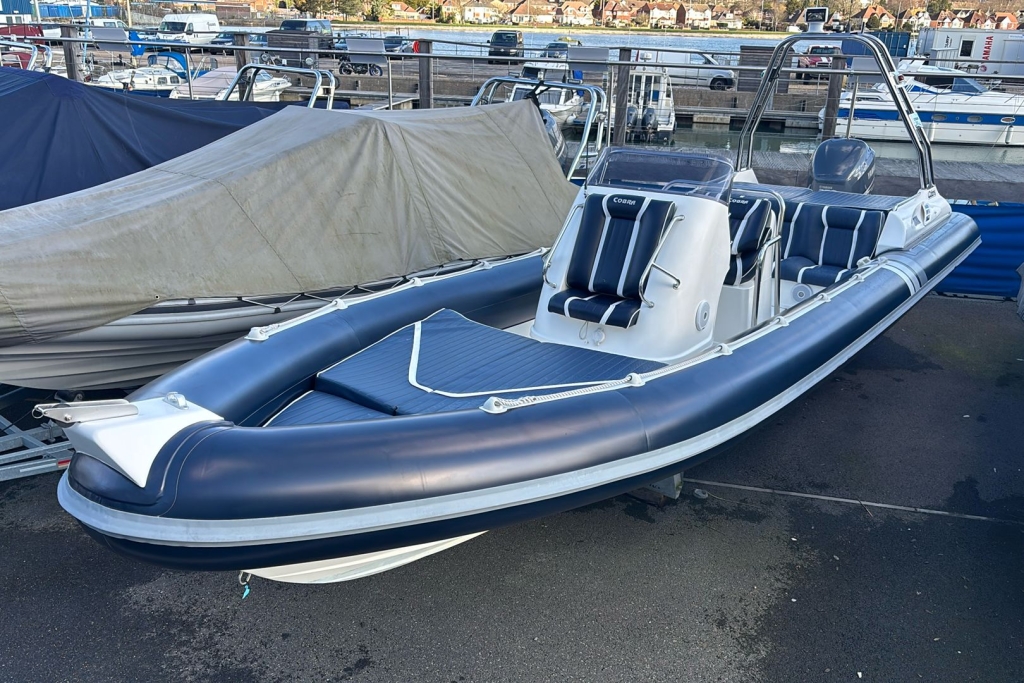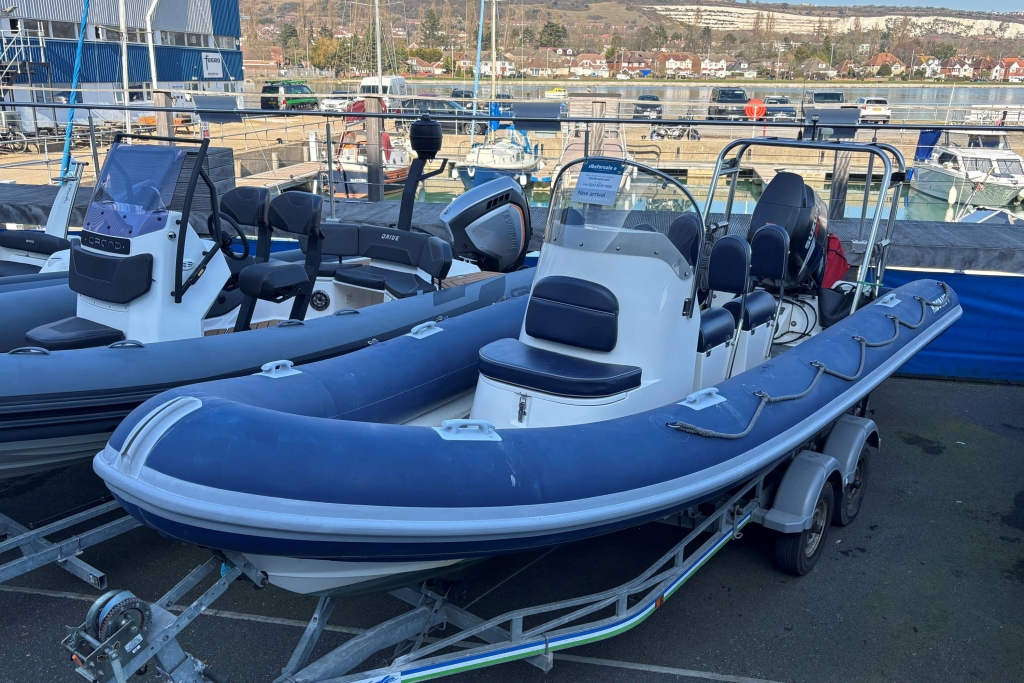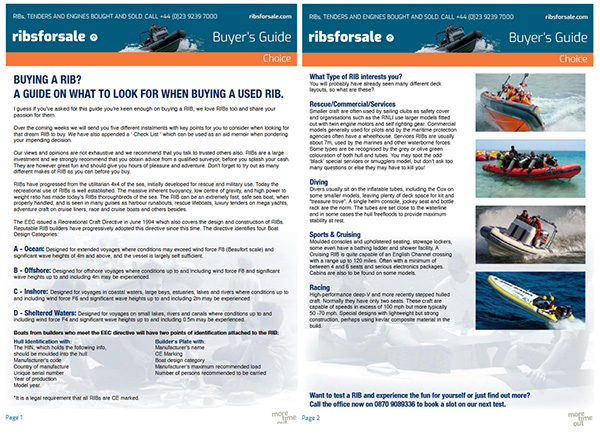RIB Safety – Important things to take on the water: #3 – VHF Radio
Most RIBs over 5 metres come fitted with a VHF Radio, if yours doesn’t it is definitely worth considering getting one fitted. They are a vital safety feature and can save lives. If you don’t have space on your console for a fixed VHF unit, there are good quality handheld radios that are available for a reasonable price. Here are a few tips from Team JBT when buying and using a VHF radio. A few things to look out for when buying your VHF and some tips:
Go for a well known brand, such as Icom or Standard Horizon. Cheaper VHFs will have, comparatively, limited life span and will be more difficult to get parts for. The larger brands tend to offer more comprehensive warranties and offer more accessories.
Shop around. It is worth picking up a deal on a VHF at a Boat Show. You can sometimes find around £10 off the normal RRP.
Fill out your warranty card. Something which is easily forgotten but could be useful at a later date.
Do your research. Do you know what IPX ratings are? (a recognised waterproof rating for marine electronics). Dual or Tri Watch functions? (have your radio set to listen to transmissions on two or three stations).
Get a licence. Learn all the correct jargon to get your message across in an emergency. Find out on the RYA website your local training centre and get your Short Range Marine VHF Certificate. To use a VHF radio on your boat there are a number of legal requirements. Don’t forget to register your boat’s radio with Ofcom, details can be found on their website.
Connect your fixed VHF radio to your GPS unit (if it is modern) to enable the DSC (Digital Selective Calling) function which means the rescue services to find you quicker.
Brief your crew. Make sure passengers and crew on your RIB have a basic understanding of how to work your radio and which channels to make an emergency call on.
For further information check out the RYA’s website section on communication systems on board boats. There is some useful information about radio functions and what the worldwide GMDSS (Global Maritime Distress and Safety System) is.

















